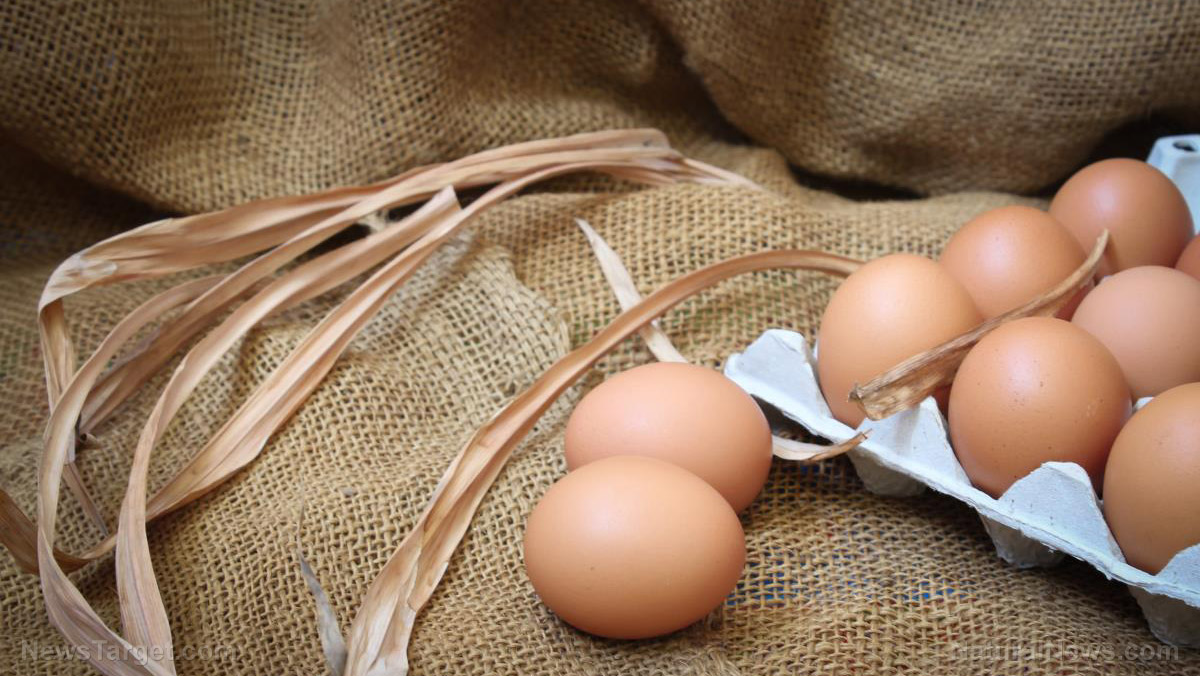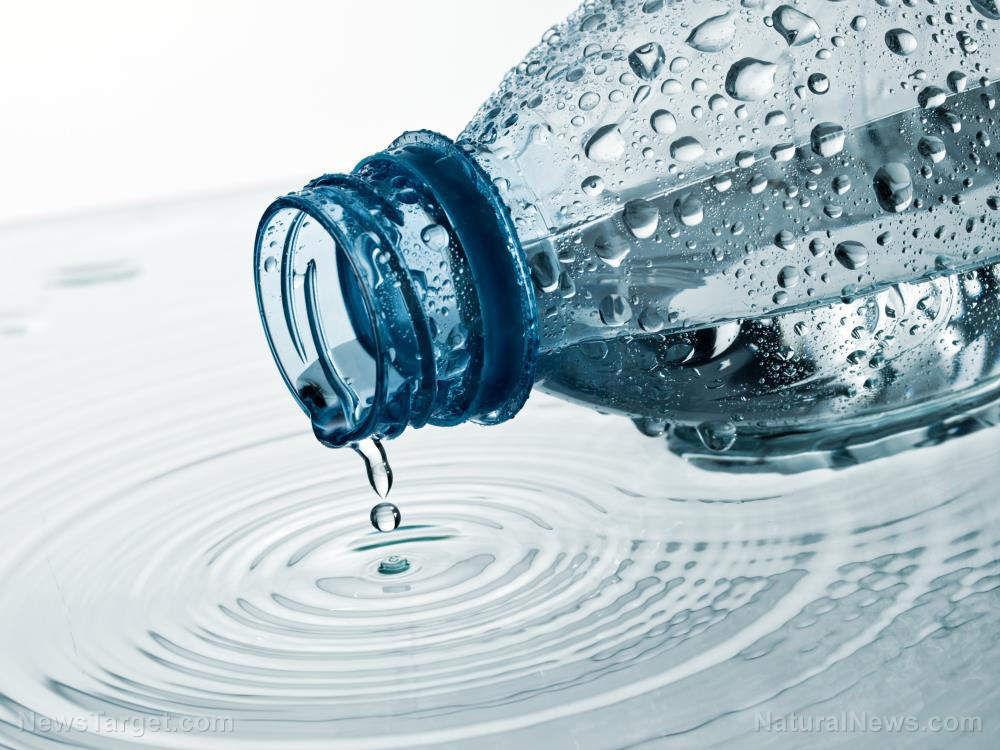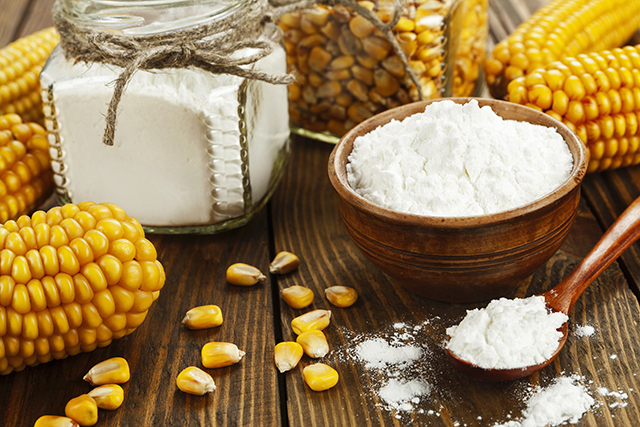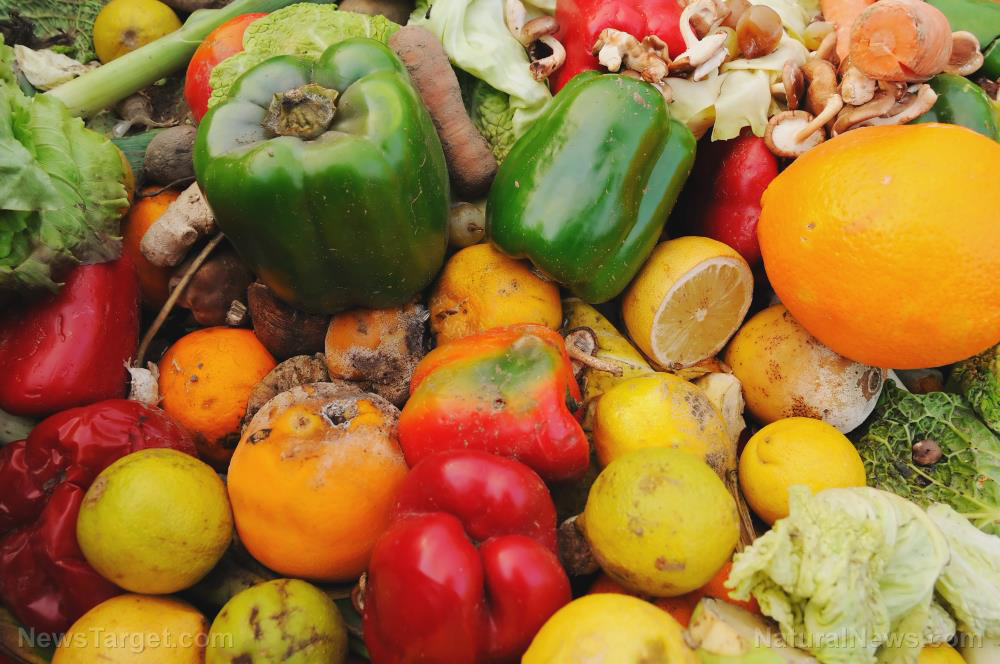Simple ways to extend the shelf life of eggs
02/26/2018 / By Frances Bloomfield

Eggs are an excellent item to always keep in your food supply. On top of being versatile (you can eat them fried, hard-boiled, poached, etc.), they are packed with essential nutrients to help you stay in tip-top shape. The only problem with eggs is that they don’t keep as long as many other food items. Even worse is that it’s easy to waste entire cartons of eggs if you don’t track their relatively short shelf lives. The good news is that extending the shelf life of eggs is really easy to do, and can be done in so many ways. (h/t to PreppersWill.com.)
- Use a water glass — Coating eggs in this sodium silicate solution will cause the shells to become airtight, in turn preventing oxidation and some bacterial growth. Eggs that have been preserved in a water glass will be good for up to nine months if stored properly. The only problem with the water glass method is that eggs won’t do well in high storage temperatures. To preserve eggs, you will need one-gallon glass jars, a quart of water glass, cooled, boiled water, and unwashed eggs that are less than a day old.
- Place a few eggs inside one of the glass jars.
- Make a half-gallon mixture consisting of one part water glass and nine parts cooled, boiled water.
- Pour the mixture into the glass jar until the eggs are submerged by two inches.
- Put more eggs inside the jar and pour more of the mixture. Repeat until the jar is full, keeping in mind that the liquid has to be at least two inches above the eggs.
- Close the jar and store in a cool, dry place. Remember to turn the jar at least once a week.
- Use food-grade mineral oil — Similar to a water glass, mineral oil impedes the growth of moisture and bacteria on your eggs. The difference between the two methods is that mineral oil may impart a weird odor and taste onto your eggs if any of them are cracked. For this, you should have fresh eggs, food-handling gloves, and a quarter cup mineral oil. You can find mineral oil in drugstores; usually, it will be next to the Pepto-Bismol.
- Heat up the mineral oil in the microwave for 10 seconds.
- Wear the gloves and rub the oil onto your hands.
- Grab an egg and coat the shell with mineral oil. Thinly or thickly, it doesn’t matter, as long as the entire egg is covered.
- Once all the eggs have been sufficiently lathered, place them in a dry carton with a small end pointed down. This will keep the yolks centered and ensure that air and bacteria won’t enter the eggs.
- Use slaked lime — Also known as caustic lime or builders’ lime, this was once a popular egg preservation method in the 18th century. Lime can be purchased from building supply stores, and the one you should use for this method is hydrated lime. In addition to the lime, you’ll need a glass jar with a lid, boiling water, and fresh eggs, of course.
- Before adding the eggs to the jar, sprinkle the bottom with some lime. When this is done, place eggs in the jar until full.
- Make the lime solution: Mix a quart of boiling water with one ounce or three tablespoons of hydrated lime.
- Once the lime solution has cooled, pour it over the eggs until all the eggs are fully submerged.
- Close the jar tightly and store.
- Use salt — We already use salt to preserve all kinds of foods, so why not use it on eggs as well? Instead of a glass jar, you should have a big ceramic pot or keg to store your eggs. (Related: Curing and preserving meat in the wild: 5 different techniques.)
- To start, dust the inside of your container with salt until the bottom is covered with half an inch of this preservative.
- Stack a few eggs in a layer, small side down. Don’t let the eggs touch each other.
- Sprinkle in salt until the eggs are totally covered in it. Stack another layer of eggs and add some more salt. Repeat this process until the container is full.
- Cover tight and hide the container somewhere cool and dark, like a cabinet or cellar.
Whichever of these methods you pick for preserving your eggs, you’ll know you did it right if your eggs are still fresh months later. But rather than cracking your eggs open to check their freshness, you can make thing easier for yourself simply by dropping them in a glass of water. Fresh eggs will sit at the bottom of the glass on their sides, while rotten eggs will float to the surface.
Go to Preparedness.news to see more methods of preserving and storing food for the long haul.
Sources include:
Tagged Under: eggs, food, Food Preservation, Food storage, food supply, how-to, preparedness, preparedness and survival



















